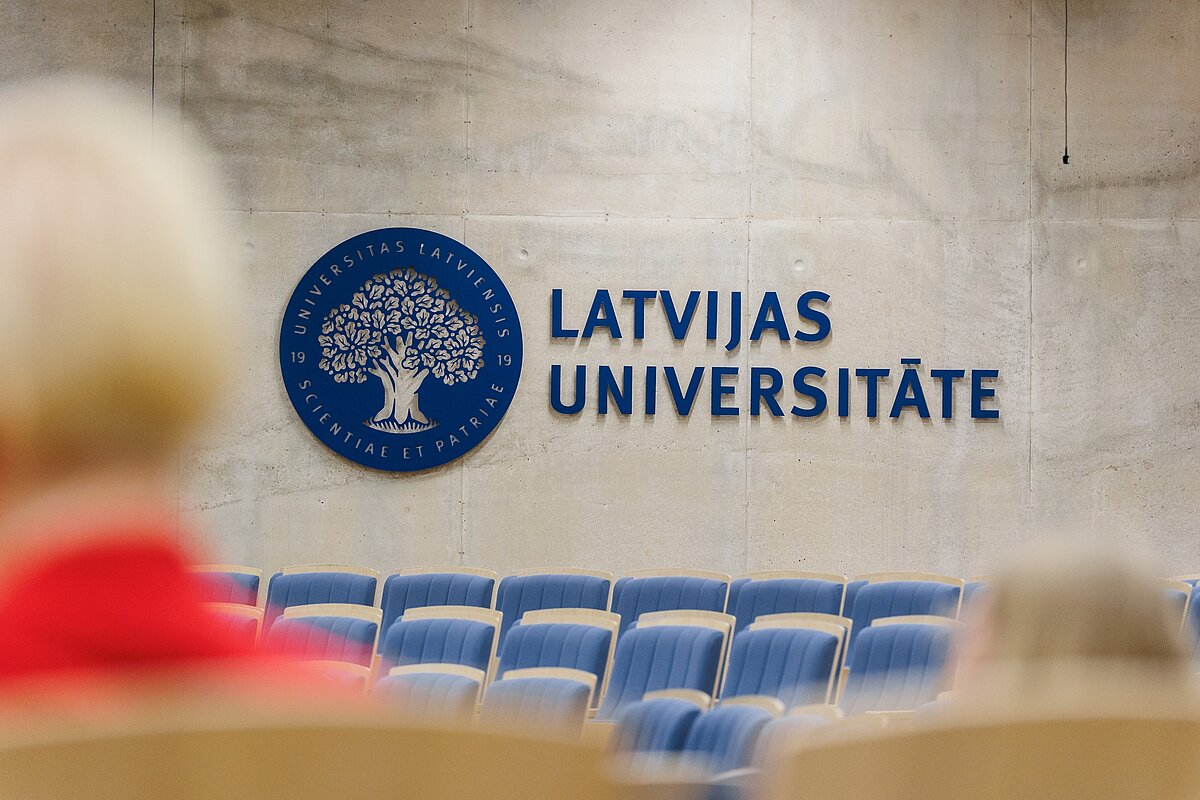
The annual international scientific conference of UL, held for the 82nd time with participation of all the structural units of UL – the entire UL community, in cooperation with scientific and research institutions in Latvia and worldwide. This year’s conference will have 127 sectional sessions with a planned number of more than 2 000 papers, encompassing a wide range of topics, reflecting important research fields and areas of innovation, as well as sharing work experience and the latest findings. Sectional work comprises 4 blocks of scientific fields. The greatest number of sections will be presented by the representatives of natural sciences – 49 sessions, while the other sessions are divided, as follows: humanities – 27 sessions, medical and health sciences – 1 session, social sciences – 40 sessions, and 10 sessions will form the interdisciplinary section. Notably, the part of the scientific conference dedicated to medical and health sciences includes the sessions of more than 10 sections.
Among the faculties, the Faculty of Education Sciences and Psychology is the most prominent with its 15 sectional sessions, followed by the Faculty of Geography and Earth Sciences, offering 14 sessions, and the Faculty of Business, Management and Economics will organise 12 sessions.
“I particularly encourage master’s and doctoral students to attend the conference, as it is a wonderful opportunity to understand the application process and preparation of the presentations. It is not always necessary to travel to the international conferences abroad, – we have a conference of very high quality where we can present the results of our research,” Zinta Zālīte-Supe, leading researcher of the Faculty of Education Sciences and Psychology, extended the invitation to the listeners of the university radio broadcast.
A. Erta added that, in addition to serving as a platform for emerging, young and experienced researchers to speak, the conference also provides an opportunity to publish collections of articles. Article collections of three UL faculties – the Faculty of Medicine, the Faculty of Biology and the Faculty of Education Sciences and Psychology – are included in the Web of Science database, attesting to the excellent, internationally recognized quality of these publications. The other participants of the conference also publish the collections of articles locally, which are available in the UL repository.
All those interested in various topics of the conference are welcome to attend and listen to the sessions of particular sections, especially if the session is scheduled remotely. The programme of the sectional sessions is available on the conference website. The organizers of the conference invite to use the opportunity and attend the conference, acquire new insights, expand knowledge and ask questions to scientists.
Traditionally, the opening Academic Plenary Session will be held on 8 February at 12:00 in UL Small Hall, with a lecture “How to Communicate Our Future Security?” by Jānis Sārts, Director of NATO Strategic Communications Centre of Excellence.

 Academic Centre
Academic Centre